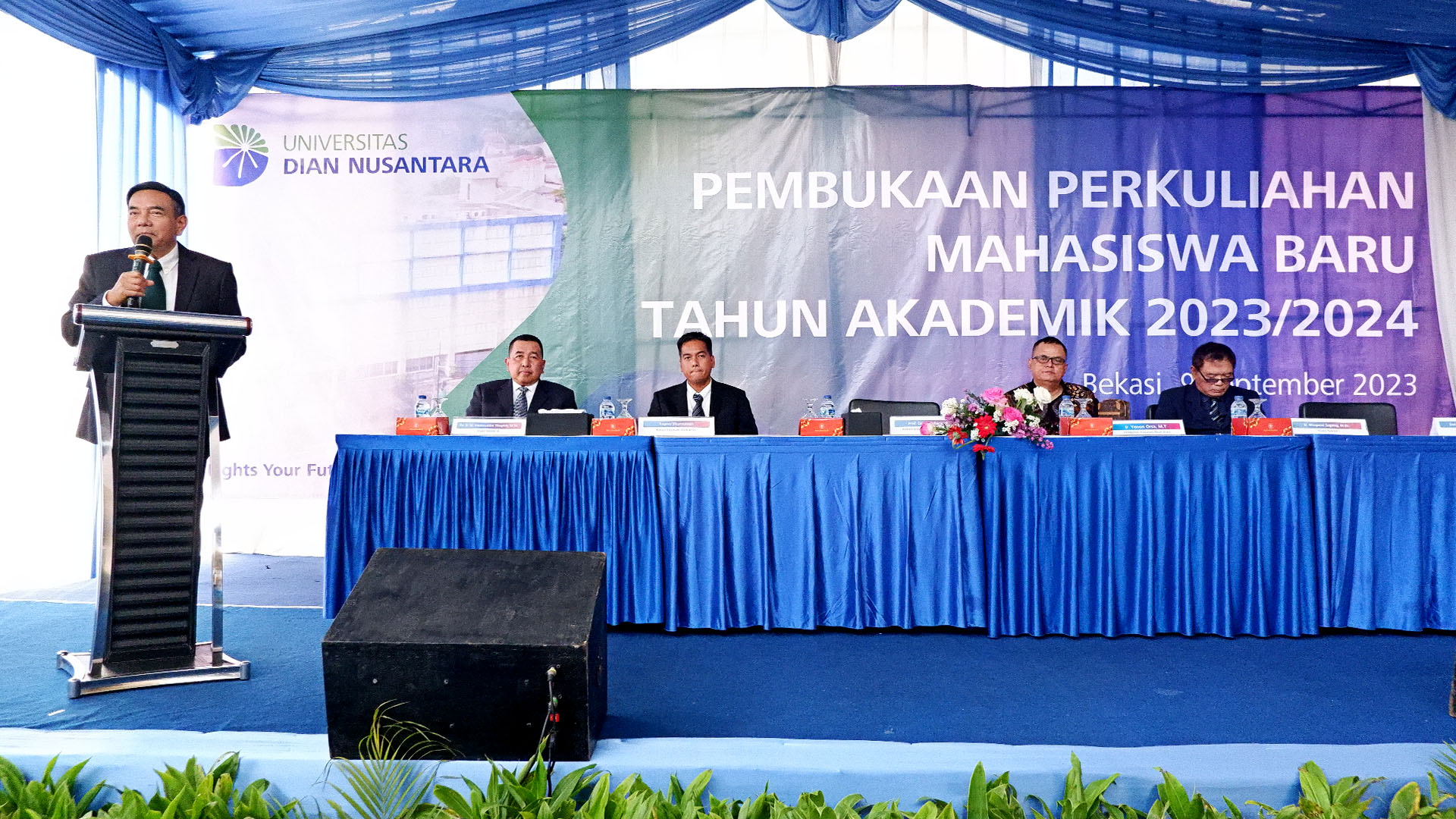More Than Just an Obligation: The Benefits of Performing Salah
.jpg)
Amid daily activities that demand focus, worship remains an essential obligation for all. In Islam, Salah is a required act of worship. Through Salah, individuals can draw closer to and find peace from worldly matters. It is an expression of gratitude for the blessings and wisdom granted by Allah SWT.
Additionally, Salah serves as a means of communication with Allah SWT. Through supplications, which often include requests and aspirations, these prayers can become a source of salvation in both this world and the Hereafter.
The Prophet Muhammad (peace be upon him) had once emphasized the obligation of Salah for Muslims, as he said:
"Salah is the pillar of religion; whoever establishes Salah has established the religion, and whoever abandons it has demolished the religion."
Beyond its spiritual aspects, Salah also offers several medical benefits for maintaining physical health. According to a study published in the International Journal of Health Science and Research in 2018, performing Salah five times a day not only brings tranquility to the soul but also provides various health benefits for the body.
A journal by Nabeela Nazish et al. highlights that performing Salah shares similarities with yoga. The study explains that certain movements in Salah improve blood circulation within the body. Salah encourages a balance of movements, relaxation, and breathing without requiring excessive physical exertion, unlike conventional exercise.
During movements like rukuk (bowing) and sujud (prostration), where the head is placed at a 60-degree angle until it touches the ground, these positions help increase blood flow to the brain. This occurs because, during sujud, the heart is positioned higher than the brain.
With enhanced blood circulation, the brain receives an adequate supply of oxygen, which not only boosts concentration but also maintains the health of the brain's sensitive nerves.
In addition to improving blood flow, Salah also promotes joint and muscle flexibility. Unlike typical exercise, which may strain breathing or pose risks of injury, Salah involves simple and consistent rhythmic movements.
The varied body movements during Salah help strengthen muscles, particularly in the legs, arms, back, and chest. Furthermore, the upright posture maintained during Salah helps reduce the risk of stooping or developing osteoporosis.
Ultimately, Salah not only deepens spiritual connection with Allah SWT but also enhances physical health, especially for younger individuals with sedentary lifestyles or those unable to engage in strenuous exercise due to health conditions or any other physical limitations.
(Danang Respati Wicaksono / Humas UNDIRA)
Press Contact :
Biro Humas & Sekretariat Universitas Dian Nusantara
Facebook : www.facebook.com/undiraofficial
Instagram : www.instagram.com/undiraofficial
Twitter : www.twitter.com/undiraofficial
www.undira.ac.id
Other

Opening of New Student Lectures at Dian Nusantara University Odd Semester Year 2023/2024
Read more
Information Technology Seminar on The New Direction of Cybersecurity Through Strategic Cooperation
Read more
Student Executive Board Self-Development Forum: Building Character, Leadership and Organizational Skills
Read more
Campus Tanjung Duren
Jln. Tanjung Duren Barat II No. 1
Grogol, Jakarta Barat. 11470
Campus Green Ville
JIn. Mangga XIV No. 3
Campus Cibubur
Jln. Rawa Dolar 65
Jatiranggon Kec. Jatisampurna, Bekasi. 17432







